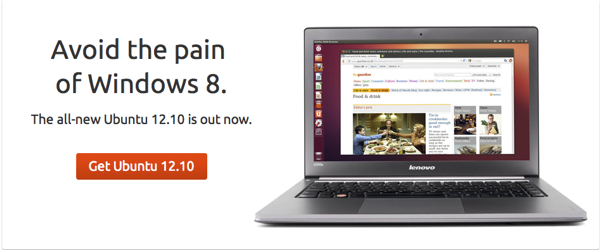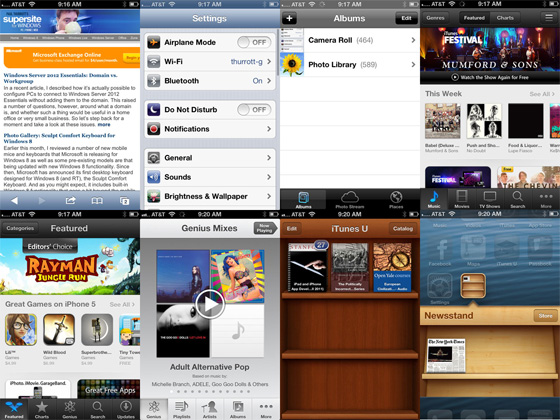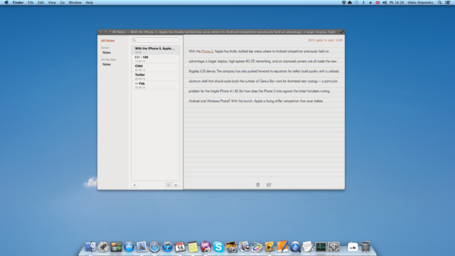Snow Leopard has lost more than half its share of all Macs since Lion’s appearance over a year ago, but so far it has been resistant to Mountain Lion’s call to upgrade. In each of the last two months, for example, Snow Leopard’s losses were less than its 12-month average.
Apple also, perhaps just temporarily, extended security support for Snow Leopard when it issued a patch update for the three-year-old operating system in late September, confounding security professionals who had assumed it would stop serving OS X 10.6 with updates, as it had done with earlier editions once two newer versions had been released.
Snow Leopard is no Windows XP – for one thing it’s less than one-third as old as that 11-year-old OS from Microsoft – but the comparisons, what with both posting slow-but-steady declines and their makers’ extending security support, are intriguing.
It’s unclear why Mac users are holding on to Snow Leopard, but one factor may be that it is the newest Apple OS able to run applications written for the PowerPC processor, the Apple/IBM/Motorola-designed CPU used by Macs before Apple announced a switch to Intel in 2005. The first Intel Macs launched in January 2006.
Macworld
Another answer is because mainly both Lion and Mountain Lion suck in usability and productivity, by Apples’ stupid chase of the mythical “virgin new user”, wich somehow managed to avoid any contact with computers, even though in 100% of the countries with sufficient GDP / capita to purchase Apple’s hardware products, you have IT training at one or more levels of your mandatory school education.
There is a great quote by Sir Jonathan Ive that pretty much summarizes the mistake that Apple has been doing:
“Simplicity is not the absence of clutter, that’s a consequence of simplicity. Simplicity is somehow essentially describing the purpose and place of an object and product. The absence of clutter is just a clutter-free product. That’s not simple.”
Which can be translated to something like, for example, this:
hidding the User’s Library folder, does not make it any more simple, it just removes some possible “clutter” but that’s not any more simpler, in fact it’s even more complicated because now the user has absolutely no idea of what to do or where to go when he wants to or needs to fix some program default settings, install fonts, copy his email folders, etc etc.
It’s essentially like welding your car’s bonnet. (( hood for you americans. My english-as-language education was with a british BBC-english speaking teacher. )) Yes, you avoid the “clutter” of another lock and the nuisance of another lever in your cockpit, but that seriously doesn’t make it’s usage or maintenance any more simpler than it was before.



